In this article, I would like to focus on Violence and provide an insight into all its various aspects.
It goes without saying that the approach to violence takes on either an objective or a subjective connotation depending on the subjects who use violence, i.e. the oppressed or the ruling class.
Put simply, it is impossible to equate the violence of the "Settler" with the violence of the "Colonized person": the violence of the Settler against the Colonised person and the violence of the latter against the former; these "two" kinds of violence are clearly distinct.
In fact, the violence of the Rich and the violence of the Poor are not the same thing: the Poor actually fight against the root of the power and try to redeem themselves from the violence suffered, which in turn addresses the weak and urges the poor to put the blame for their failure on the lowest, forever repeating the reasons underlying their own failure and oppression.
Obviously, the violence of the Poor who wants to take the place of the rich, thus vexing those who are equally poor or even poorer, looks like the violence of the Rich, since it is based on the same feelings of envy, oppression, grudge and revenge.
This behaviour feeds the violence of the Rich and is also responsible for it.
This violence-revenge does not express the urgency to totally overcome one’s status of exploited or exploiter, as the "grudge" does not rely on "the Last will be the First, and the First will be the Last, so that there will be neither First nor Last."
However, from a logical point of view, the violence used by the "Rich" is different, because the rich can draw on countless resources to act in the name of beauty, magnanimity, mercy, pity and in harmony with the whole world, while the Servants are needy and deprived of the enlightened rationality, therefore they are generally less free and aware than the Rich or even than those who are neither rich nor poor, but released from opposing antagonisms.
Therefore, based on truth, logic and fairness, the violence of the Rich cannot be equated with the one of the Poor.
Obviously, we should know how to defend ourselves from both of them with the most suitable means: the "groundless" violence of the Master and the "blind with anger" one of the Servant.
However, the violence of the Servant, the Colonised, the Employee, the Humble, the Low can be regarded as justifiable when it fights against the root of the Violence, then it is no longer "Violence", but rather Justice, the highest form of Justice: it is the wrath of the Lamb, the wrath of the Mother-Father, the wrath of the Child, the wrath of the Lover of Peace in Justice which shouts with all its indignation at the Dreadful Injustice, at the Cowardice making room for Oppression and Falsehood; at the Cowardice which is responsible for Violence and Injustice.
As an ancient saying goes: "Beware of the curse of the Poor who is a begging God."
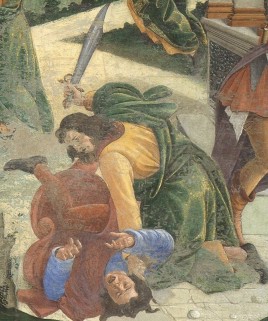
Even Moses killed the Egyptian slave master who was beating up a helpless Jewish slave.
Marx (just like Christ) is a beautiful "Fish": if you take it away from water, it decomposes, dies, "putrefies" and ends up thrown away; conversely, if you leave it in the water, it shall thrive full of life and joy and shall bear life in the world.
And Marx's current is precisely the biblical prophetism.
Marxism, albeit properly intended, widens our perspective and helps us become citizens of the world.
Picture: Michelangelo (Sistine Chapel) - Moses kills the Egyptian slave master.
. _ ._ .
. _ ._ .
. _ ._ .










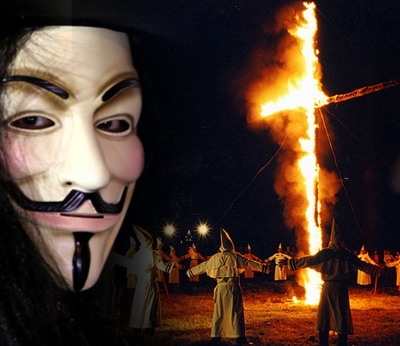


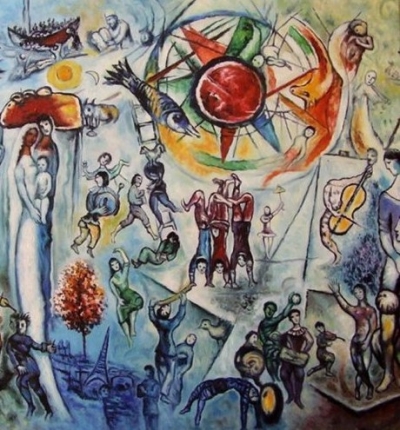
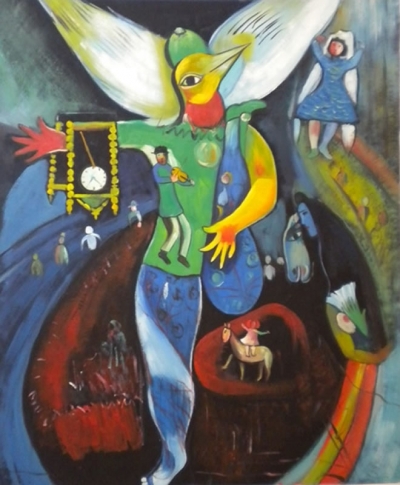
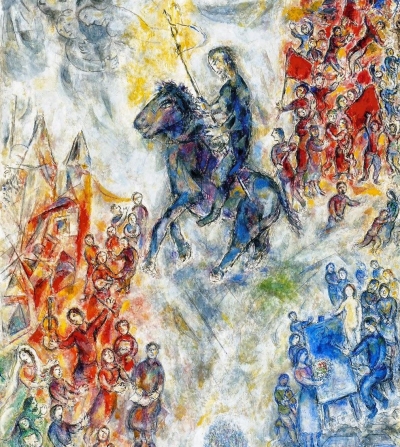
Comentários Recentes